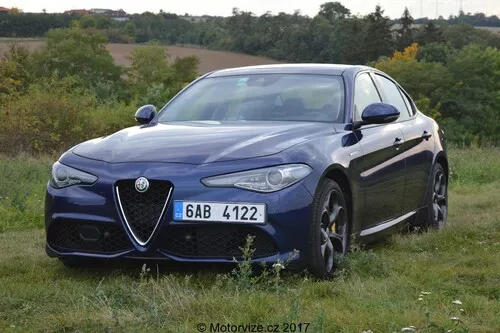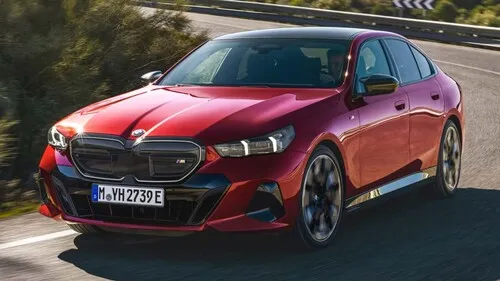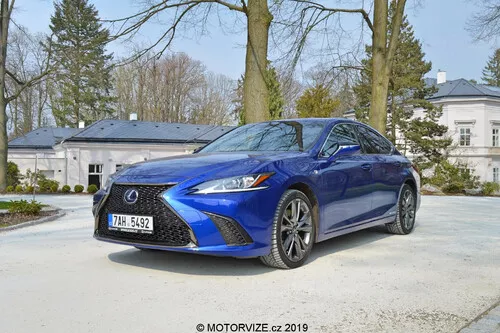Comparison: Boot space BMW i7 vs. competitors 2025
How much cargo can handle this Stufenheck?
The BMW i7, carrying the Bavarian brand's torch into the luxury electric saloon segment, comes with a spacious boot that's a boon for its potential owners. In its current generation (i7 G70, 2022-present), it offers a sizeable cargo volume of 500 liters. While the rear seats cannot be folded (perhaps due to some necessary battery-pack wizardry), the i7 still boasts ample space to stash your golf clubs, shopping bags, or well-behaved pets.
BMW i7 - How has the boot space changed over the generations?
As a fully electric offering in the luxury saloon segment, the BMW i7 is a fairly recent model, introduced in 2022. Therefore, we only have data regarding the current generation (i7 G70, 2022-present) with its 500-liter boot capacity. Being the first of its lineage, it could very well be the benchmark for future i7 generations, where boot space size will inevitably be under constant scrutiny. Expect riveting stories about boots, bags, and backpacks in the years to come.
Variants
The boot space compared to other BMW models
In comparison to other BMW models, the i7 provides a rather impressive trunk size. It stacks up favorably, equaling models like the BMW 3-series Touring, BMW iX, and the BMW 3-series M3 Touring with their 500-liter capacities. It bests other popular models like the BMW X1 (540 liters) and the BMW 3-series Limousine (480 liters). However, it falls short on boot space when compared to some models in the BMW family, such as the BMW X7 with a mammoth 750-liter trunk capacity.
BMW i7 vs other current cars by BMW
-
X7 750 l
-
X7 M Performance 750 l
-
X5 650 l
-
X5 M 650 l
-
X5 M Performance 650 l
-
X6 580 l
-
X6 M 580 l
-
X6 M Performance 580 l
-
5{series} Touring 570 l
-
i5 M Performance Touring 570 l
-
i5 Touring 570 l
-
X3 M Performance 570 l
-
X3 570 l
-
X2 M Performance 560 l
-
X3 M 550 l
-
7{series} 540 l
-
X1 540 l
-
X1 M Performance 540 l
-
XM 527 l
-
7{series} M Performance 525 l
-
X4 525 l
-
X4 M 525 l
-
X4 M Performance 525 l
-
iX2 525 l
-
5{series} Limousine 520 l
-
3{series} Gran Turismo 520 l
-
X2 515 l
-
5{series} M5 Touring 500 l
-
iX 500 l
-
iX M Performance 500 l
-
i7 500 l
-
i7 M Performance 500 l
-
3{series} M Performance Touring 500 l
-
3{series} M3 CS Touring 500 l
-
3{series} M3 Touring 500 l
-
3{series} Touring 495 l
-
i5 Limousine 490 l
-
i5 M Performance Limousine 490 l
-
iX1 490 l
-
3{series} Limousine 480 l
-
3{series} M Performance Limousine 480 l
-
3{series} M3 Limousine 480 l
-
4{series} Gran Coupé 470 l
-
4{series} M Performance Gran Coupé 470 l
-
i4 470 l
-
i4 M Performance 470 l
-
2{series} Active Tourer 470 l
-
5{series} M5 Limousine 466 l
-
3{series} M3 CS Limousine 445 l
-
8{series} Gran Coupé 440 l
-
8{series} M Performance Gran Coupé 440 l
-
8{series} M8 Gran Coupé 440 l
-
4{series} Coupé 440 l
-
4{series} M Performance Coupé 440 l
-
4{series} M4 Coupé 440 l
-
4{series} M4 CS Coupé 440 l
-
2{series} Gran Coupé M Performance 430 l
-
8{series} Coupé 420 l
-
8{series} M Performance Coupé 420 l
-
8{series} M8 Coupé 420 l
-
2{series} Coupé 390 l
-
2{series} M Performance Coupé 390 l
-
2{series} M2 Coupé 390 l
-
4{series} Cabrio 385 l
-
4{series} M Performance Cabrio 385 l
-
4{series} M4 Cabrio 385 l
-
1{series} M Performance 380 l
-
2{series} Gran Coupé 360 l
-
8{series} Cabrio 350 l
-
8{series} M Performance Cabrio 350 l
-
8{series} M8 Cabrio 350 l
-
1{series} 300 l
-
Z4 M Performance Roadster 281 l
-
Z4 Roadster 281 l
-
i3s 260 l
-
i8 Roadster 88 l
How does the boot space of the BMW i7 compare to it's nearest competitors?
Looking at the i7's rivals, boot space is a mixed bag. It trumps the Mercedes-Benz EQE (430 liters), Genesis G80 (354 liters), and even the much more spacious Mercedes-Benz S-Klasse (350 liters). However, it doesn't quite measure up against the Lexus LS (480 liters) and falls short of boot-space titans like the Lucid Air (627 liters) and Audi A8 (505 liters). Despite the variability among competitors, the BMW i7 still maintains a respectable boot space, making it an attractive option for those who need roominess without making a commitment to a cavernous SUV-like trunk.
BMW i7 vs. similar cars
-
Mercedes-Benz EQV 2024 1030 l
-
Tesla Model S 2021 793 l
-
Mercedes-Benz EQS SUV 2022 645 l
-
Lucid Air 2022 627 l
-
Mercedes-Benz EQS 2024 610 l
-
Audi Q8 e-tron 2023 569 l
-
Mercedes-Benz EQE SUV 2023 520 l
-
Lotus Emeya 2024 509 l
-
BMW i7 2022 500 l
-
 ALPINA B7/B11/B12 1987 (7er-Reihe)
500 l
ALPINA B7/B11/B12 1987 (7er-Reihe)
500 l
-
BMW i5 2023 490 l
-
Maxus Mifa 9 2023 466 l
-
Lexus ES 2021 454 l
-
XPeng P7 2024 440 l
-
Tesla Model X 2021 425 l
-
BYD Han 2022 410 l
-
 Porsche Taycan 2024
407 l
Porsche Taycan 2024
407 l
-
Audi e-tron GT 2021 405 l
-
 ALPINA B3/B6/B8/C1/D3 1987 (3er-Reihe)
404 l
ALPINA B3/B6/B8/C1/D3 1987 (3er-Reihe)
404 l
-
BYD Seal 2023 400 l
-
Genesis G90 2023 368 l
-
 Lada Granta 2013
364 l
Lada Granta 2013
364 l
-
NIO ET7 2022 363 l
-
HiPhi Z 2023 316 l
Similar cars


